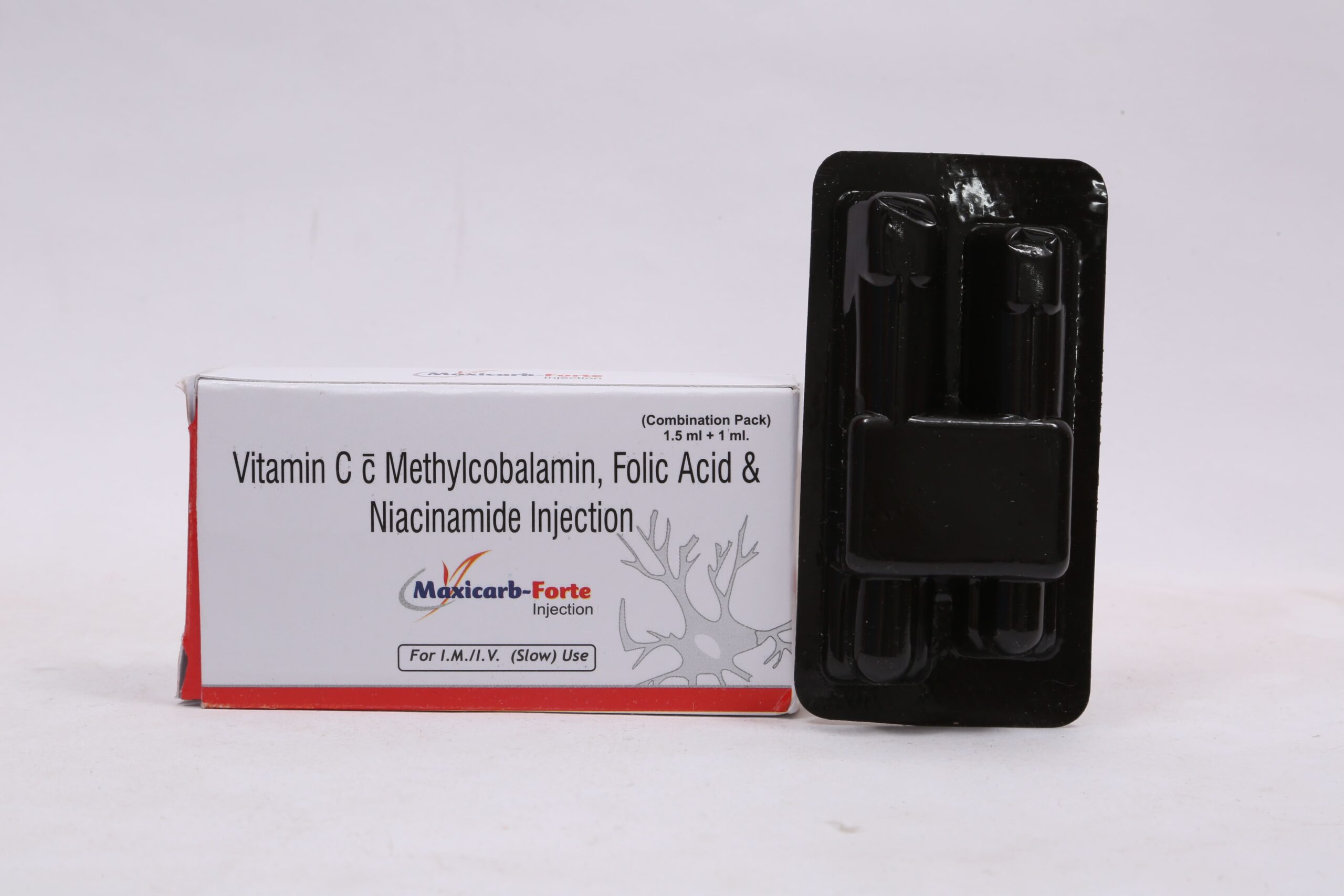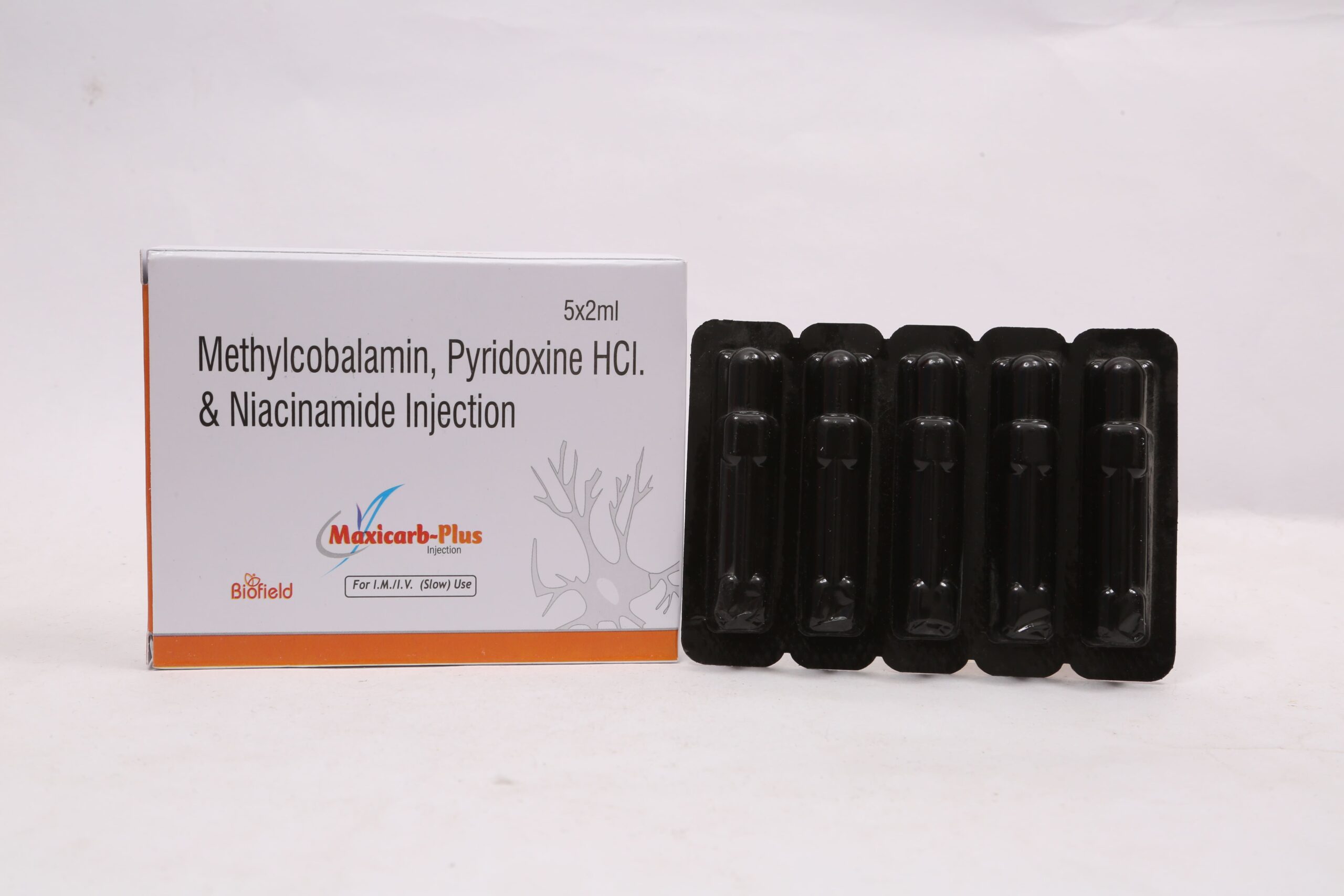- Home
- INJECTABLES
- AMALGARD IV
AMALGARD IV
₹125.00
Sterile Rabeprazole Sodium (Lyophilized)20 Mg
SKU: 7f0a2e34cfe2
Category: INJECTABLES
AMALGARD IV: Rabeprazole 20 mg INJECTION SINGLE VIAL contains a single medicine; Rabeprazole. General Physicians & Gynecologists prescribe this injection to decrease the amount of acid your stomach produces. It is prescribed to treat peptic ulcers, indigestion, acid reflux, and a variety of stomach illnesses, as well as diseases of the stomach and intestine caused by excessive acid production. 20mg of Rabeloc Acidity-related issues can be quickly resolved with injections because they respond quickly. It is also given to critically ill patients to assist prevent stress ulcers and is given before anesthesia drugs to help reduce difficulties from aspiration. It belongs to the group of drugs called proton pump inhibitors (PPIs).
HOW DOES IT WORK?
It functions by lowering stomach acid levels, which relieves acid-related indigestion and heartburn. A proton pump inhibitor is injected. The H+ K+ ATPase, sometimes referred to as the proton pump, is an enzyme that is present in the lining of the stomach walls. It lessens the amount of stomach acid that is generated. Thus, it heals esophageal lesions and peptic ulcers and prevents their recurrence while also reducing the chance of acid reflux into the esophagus.BENEFITS
- Gastroesophageal reflux disease (Acid reflux)
- Treatment of Peptic ulcer disease
- Functional dyspepsia
INDICATIONS
AMALGARD IV: Rabeprazole 20 mg INJECTION is indicated for Gastroesophageal reflux disease (GERD), often known as acid reflux, which is a chronic (long-term) disorder that feels more like ongoing heartburn than occasional heartburn. It takes place when a muscle above the stomach relaxes excessively, allowing stomach contents to reflux into the esophagus and mouth. The class of drugs known as proton pump inhibitors includes Rabeloc 20 mg Injection. It lessens the amount of acid produced by your stomach and eases the agony brought on by acid reflux and heartburn. You must take it exactly as directed. GERD symptoms may be lessened with a few straightforward lifestyle adjustments. Eat smaller, more frequent meals; try to lose weight if you are overweight; consider what foods make you get heartburn and try to avoid them.ADMINISTRATION OF DOSE
This medication is injected into a vein by a medical professional, and you will only receive it if your doctor determines that an injection is currently a better option for you than a tablet. The dosage will depend on your overall health and how you react to the medication. The length of the treatment will be determined by your doctor, but even if your symptoms go away fast, you should continue taking the medication as directed. Eating smaller meals more frequently and abstaining from caffeinated beverages (such as tea and coffee) and spicy or fatty foods will help the treatment work more effectively.SIDE EFFECTS
The negative effects of this medication that are most frequently reported include thrombophlebitis, stomach pain, headache, dizziness, flatulence, and nausea (pain, redness, and swelling of the vein). Although most of the time these symptoms are minor, if they worry you or do not go away, see a doctor. Use of this medication over an extended period may raise the chance of side effects. For example, using this medication for more than a year may make you more likely to experience bone fractures, especially at larger doses. Consult your physician about taking calcium and vitamin D supplements to prevent bone loss (osteoporosis).PRECAUTIONS
Patients need not inject themselves. You must disclose to your doctor before using this medication if you have serious liver issues, are taking HIV medications, have previously had an allergic reaction to a comparable medication, or have bone loss (osteoporosis). Before using it, women who are pregnant or nursing should also talk to their doctor. Avoid consuming alcohol as it causes your stomach to create too much acid and can make your symptoms worse. If this medication causes you to feel drowsy or dizzy, avoid operating machinery or tools.Related products
-
GIVROSE INJ
₹280.00 -
MAXICARB FORTE
₹95.00 -
MAXICARB PLUS INJ
₹70.00 -
VASTNAC INJ
₹29.90
Enquire Us

×







